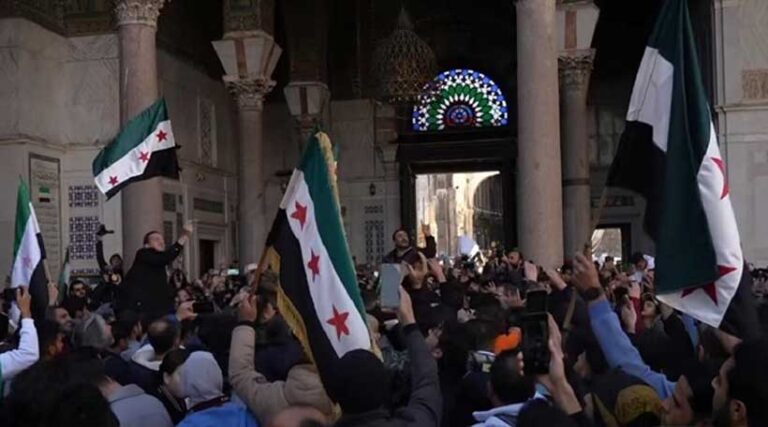Improved relations between Iran and Arab countries amid the complex crisis in the Middle East represent important developments that can drive the region towards greater cooperation and elimination of tensions. This change is heavily ingrained in sharing political realism and interests, and illustrates an important step towards achieving medium-term stability between Iran and the Arab world. These countries have come to understand that cooperation on economic, security, and shared threat mitigation issues may be mutually beneficial. In this context, the European Union can leverage its position as a mediator and facilitator with extensive experience in the diplomatic process. More importantly, what is important now in the Middle East is not just the actions of the regional countries themselves, but also the incisive involvement of Europe that transformed this trend into sustainable collaboration that began in Syria after the collapse of Assad.
Over the past century, relations between Iran and Arab countries in the Persian Gulf have been characterized by ideological differences and severe tensions due to regional competition. However, in recent years they have moved from conflict to cooperation that pursues shared interests. This policy change, particularly on regional security and humanitarian crises, stems from both sides’ perceptions of new regional realities. The parties conclude that regional crisis and continued war benefits only for extremist Islamist groups. These changes are progressive and progressive, but could ultimately replace historical hostility. In particular, in the Persian Gulf, Arab countries and Iran are finding ways to work together on maritime security, anti-terrorism and energy security.
Given the current situation, Europe can play an important role in promoting cooperation and emissions between Iran and Arab countries, not merely a neutral observer, but as an active facilitator in the diplomatic process. It works. The European Union recognizes the importance of regional cooperation to maintain stability in the Middle East, and is expected to support dialogue between Iran and Arab countries, providing safe space for discussion and economic agreements. can. One of the effective tools in Europe in this respect is the use of economic incentives. Both Iran and the Arab countries continue to seek stronger economic ties with foreign investment. The EU can promote mutual trust and promote joint processes by providing economic incentives and creating conditions favorable to joint ventures. Such cooperation could contribute to the region’s sustainable development across a variety of sectors, including energy, transportation, technology and healthcare. Furthermore, Europe will adopt diplomatic tools to strengthen ongoing dialogue, take on a positive mediation role, and help to increase security and stability in the Middle East.
In reality, the policy of putting pressure on Iran, especially under the Trump administration, has not only failed to alleviate tensions and promote cooperation in the Middle East, but also exacerbated distrust and regionally integrated Iran. It takes distance from the efforts of the company. These policies, primarily with economic and political sanctions, force Iran to focus on survival rather than regional cooperation, urging the country to strengthen its defensive and offensive structures. Under such conditions, Iran will have to prioritize protecting its sovereignty at every cost, leading to a more proactive response. This situation brings no benefit to anyone and deepens hostilities and mistrust among Iran, its neighbours in the region, and even Europe.
If Europe truly wants Iran to participate actively in regional integration with Arab countries, it must adopt positive diplomacy and encourage cooperation. The increased pressure only presents more challenges to Iran, pushing Ayatollah towards a conflict rather than a collaborative approach. In this regard, the role of third-party facilitators, such as the European Union, becomes important. It is clear that if Europe can effectively utilize its capabilities, it could help war-tiring regional countries pave the way for peace and sustainable development.


